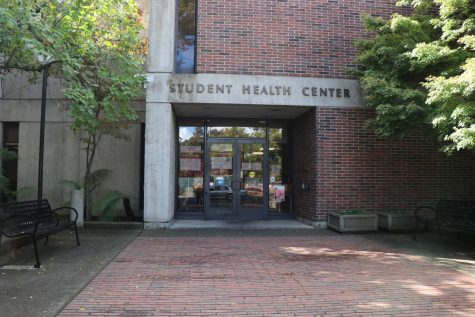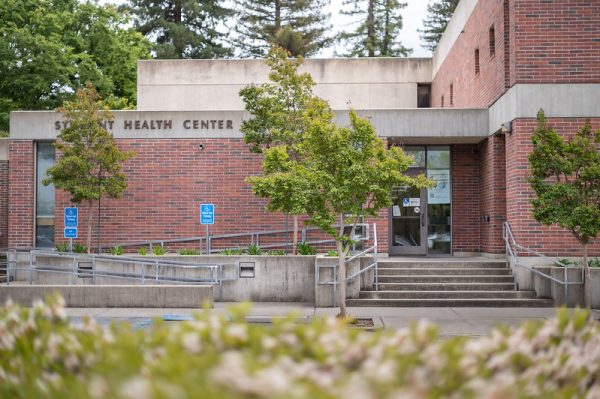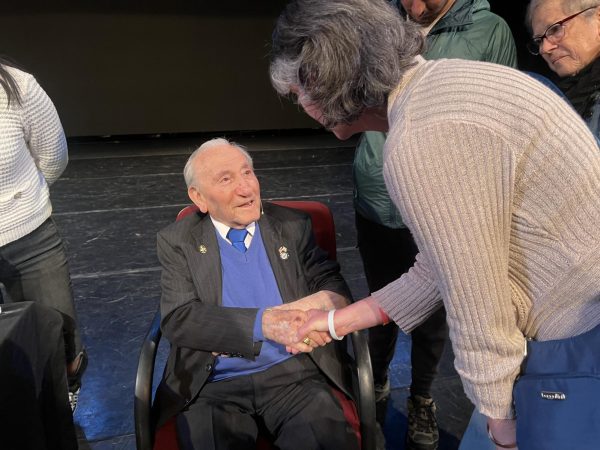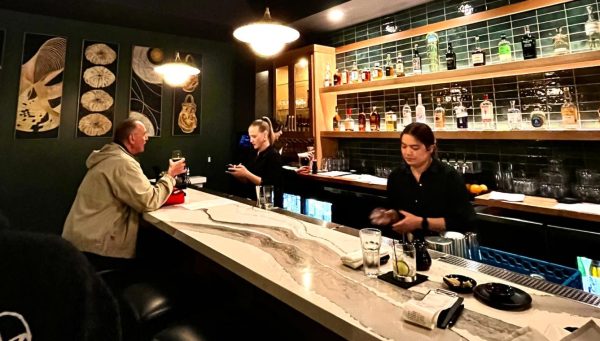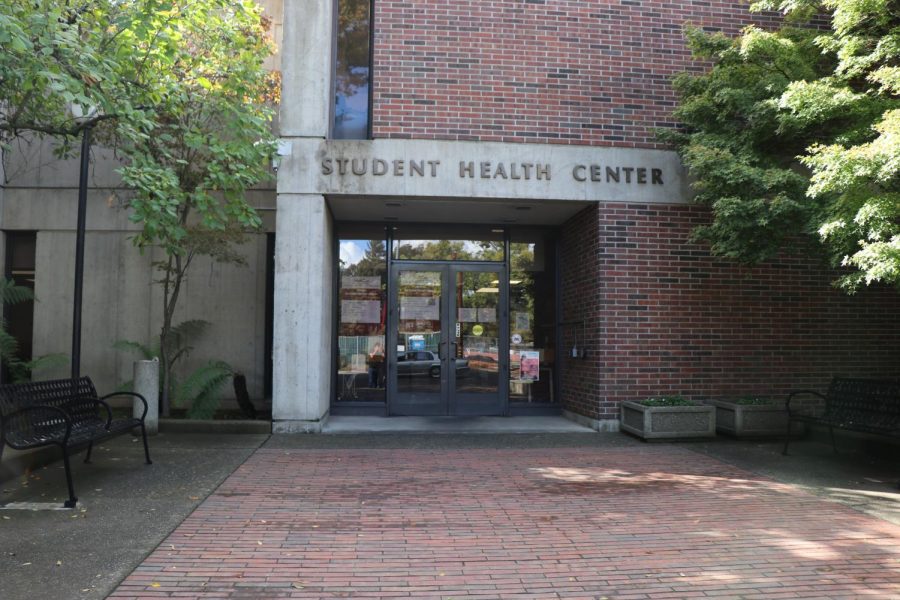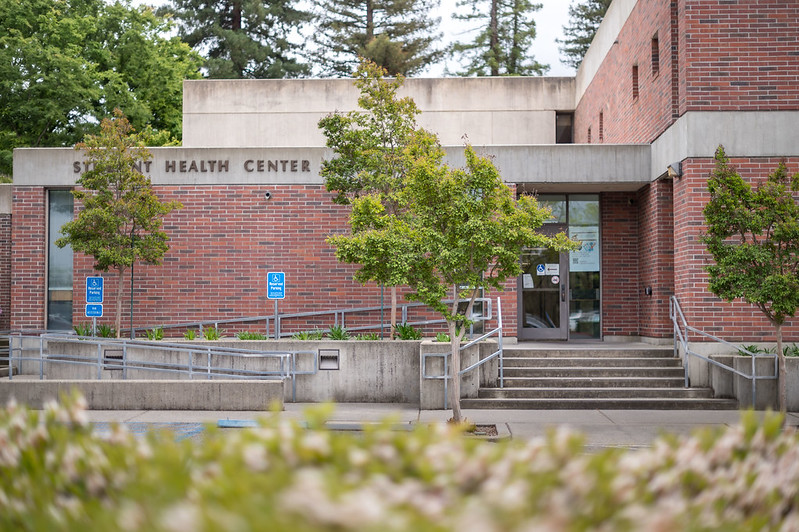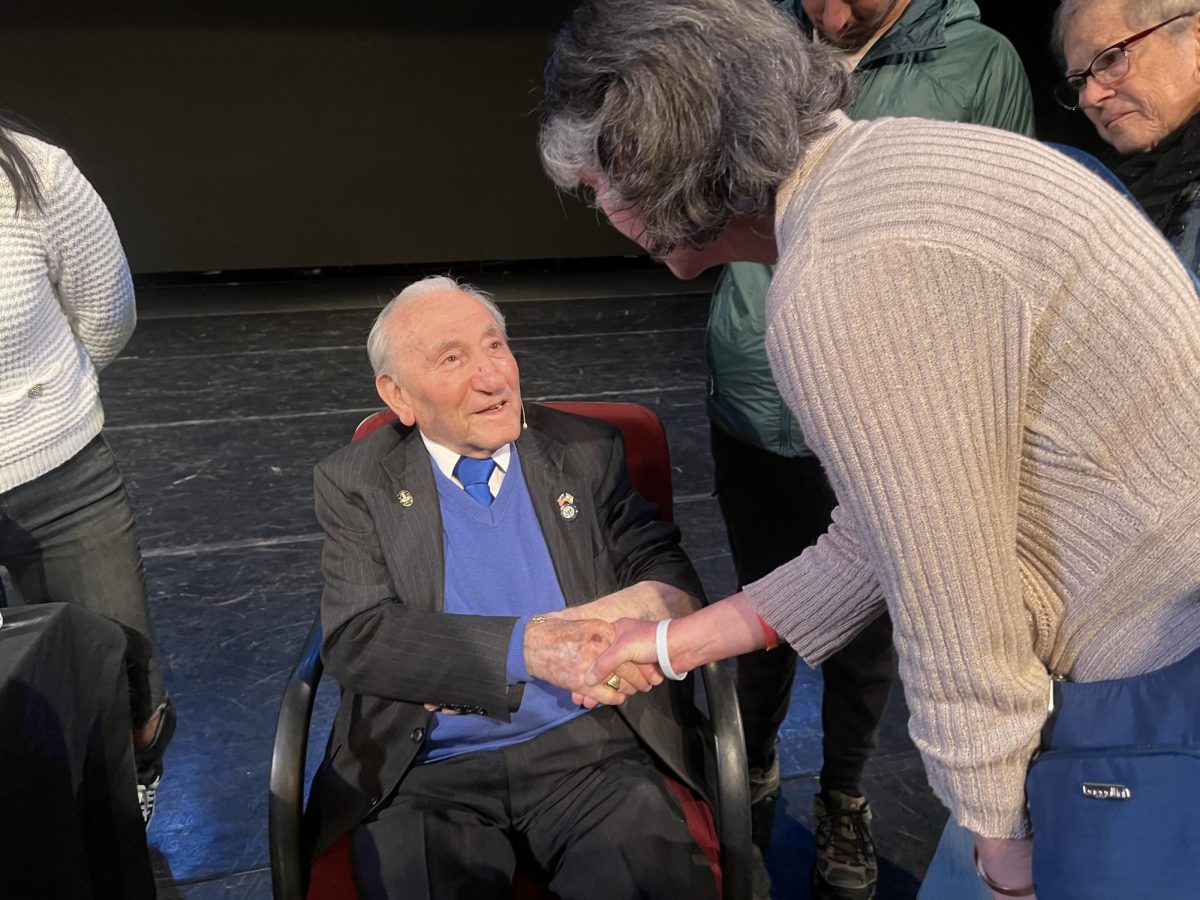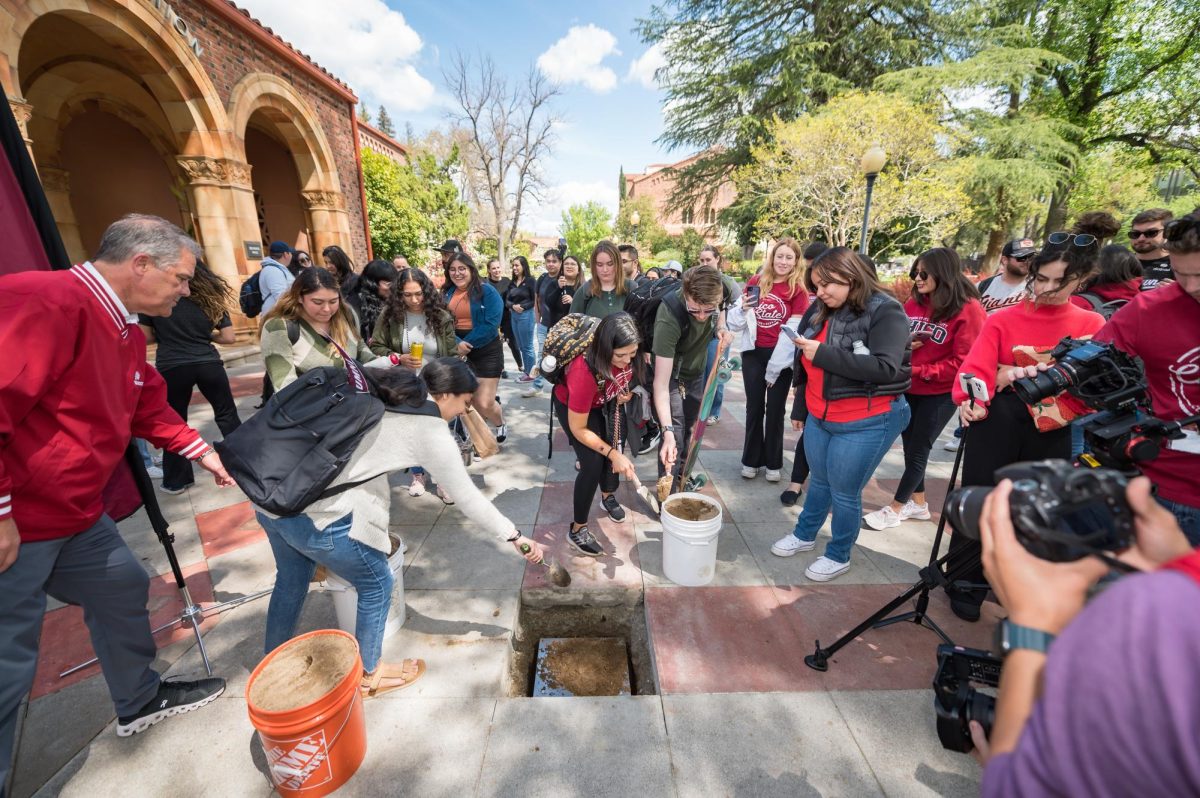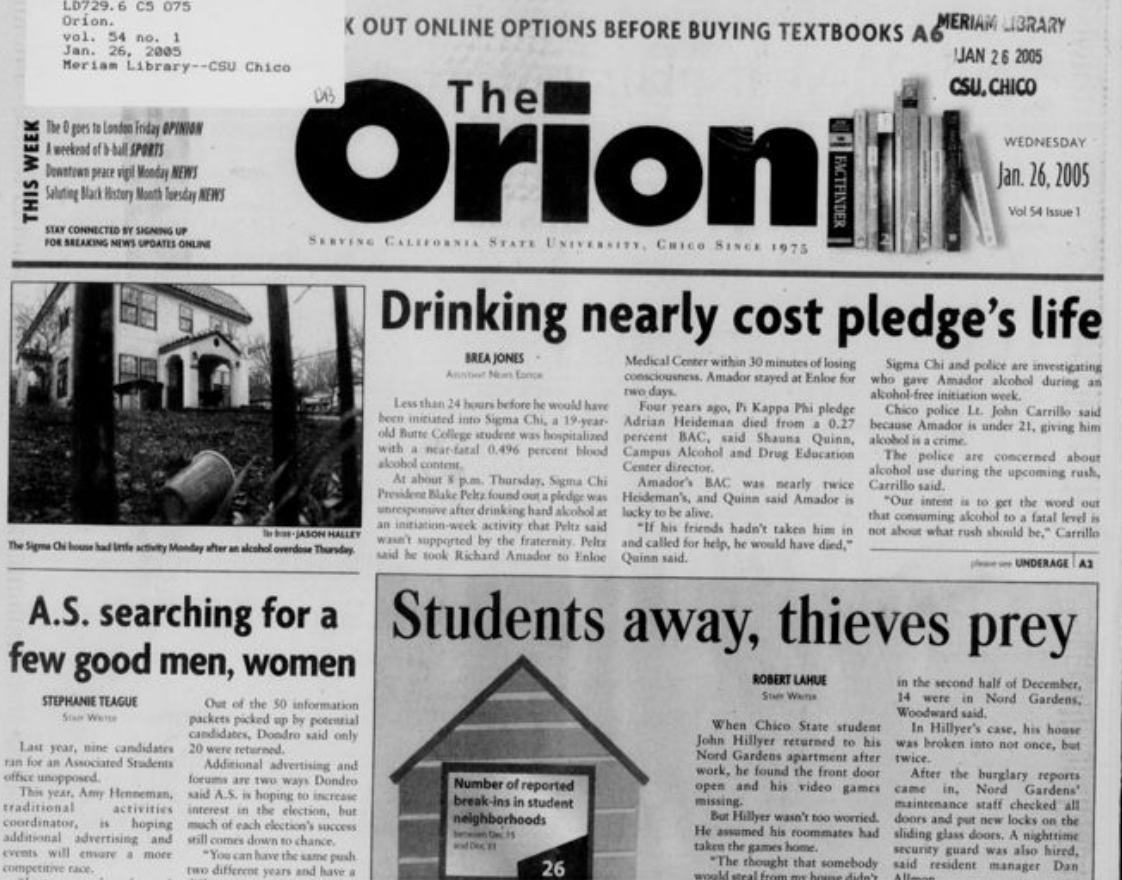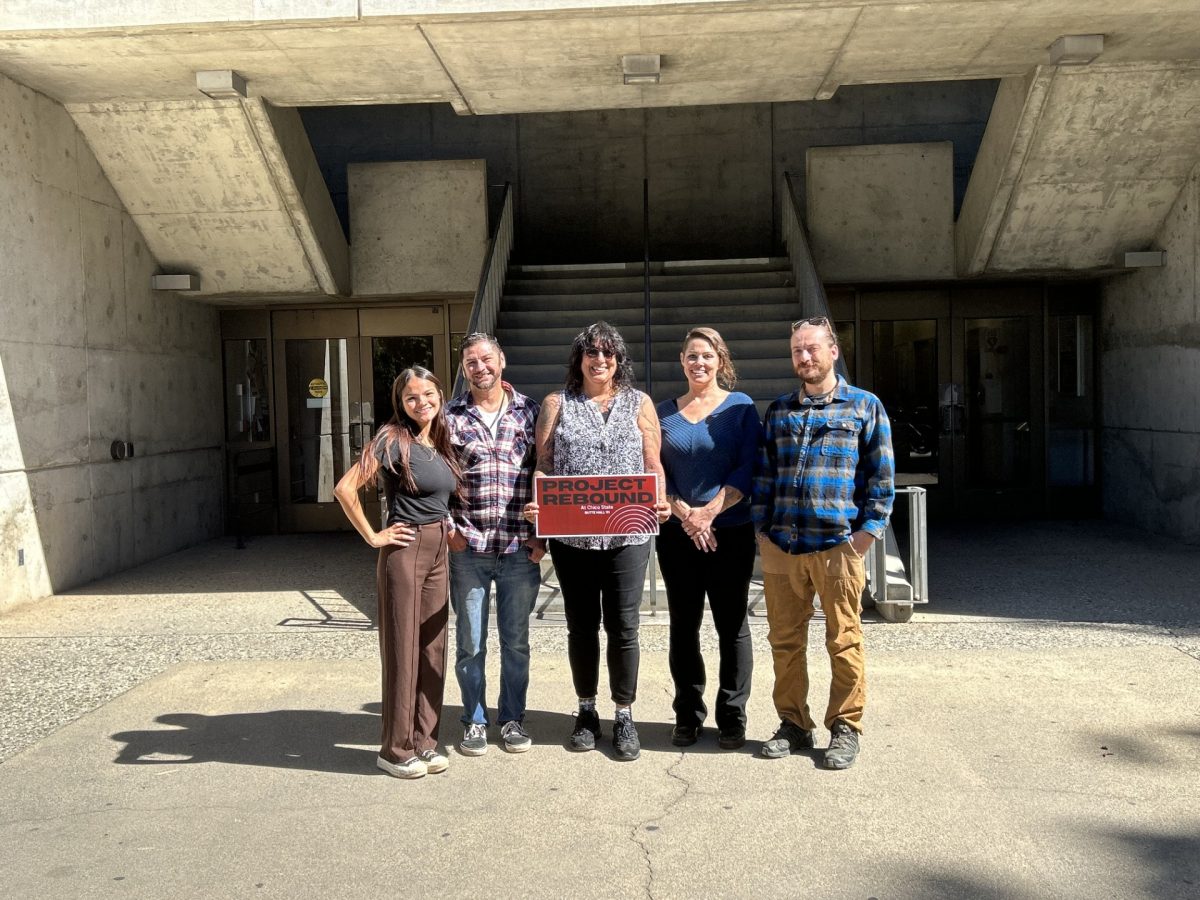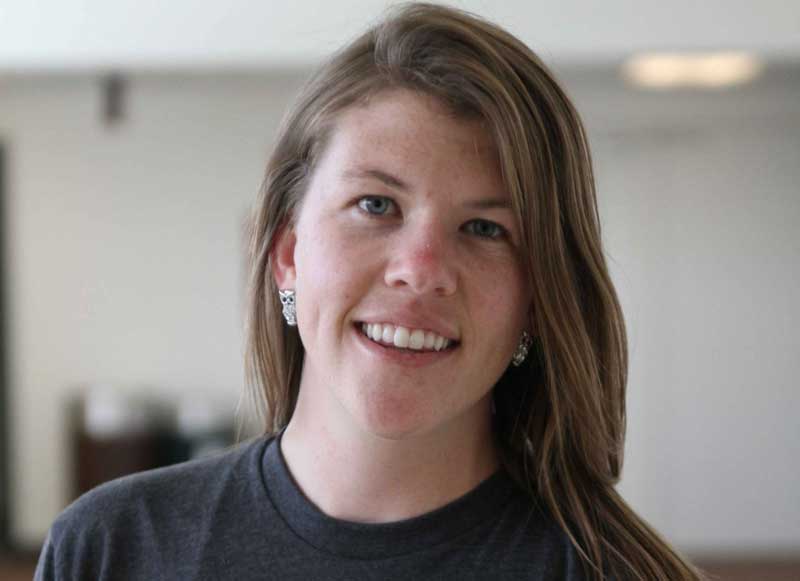
Natalie Calcutta, a graduating Chico State sociology major, was the only non-white voting board member of the Associated Students Environmental Affairs Council this year.
“I don’t think it ever really clicked with me being the only non-white person there,” she said.
The A.S. Environmental Affairs Council isn’t the only environmental organization facing a lack of diversity.
Every student-run environmental group on campus is facing this issue, said Kevin Killion, the A.S. Sustainability Education and Outreach coordinator.
Minorities need to grow involved in sustainability because they are usually the ones who live in lower socio-economic areas, receiving the brunt of industrial companies, fracking and pollution, said Kaitlin Haley, the A.S. Commissioner of Environmental Affairs.
African-American children are three times more likely to live in poverty than Caucasian children, according to the American Psychological Association.
American Indian or Alaskan Native, Hispanic, Pacific Islander and Native Hawaiian families are more likely than Caucasian and Asian families to live in poverty.
This realization that the poor and people of color usually live within America’s polluted areas sparked the term “environmental justice,” according to the Natural Resources Defense Council, an environmental action group that is made up of lawyers, scientists and online activists.
The Environmental Protection Agency defines environmental justice as being inclusive of all ethnicities and social classes when implementing laws and policies.
For the first-of-its-kind gathering, where students from campus organizations met to discuss sustainability on campus, Killion hoped to involve all people in Chico State’s environmental movement.
He invited students from groups that don’t usually interact with environmental groups, like the Gender & Sexuality Equity Center and the Cross-Cultural Leadership Center.
No students from either organization came, but representatives from environmental groups like the Organic Vegetable Project and the Alternative Transportation Group did. The room was predominately white with few minority students.
This issue came across Haley’s radar after this year’s This Way to Sustainability conference.
“I was at a dinner and a gentleman from the Chico Peace and Justice Center asked everyone to raise their hand if they identify as anything besides white,” Haley said. “No one raised their hand.”
But environmental organizations everywhere are trying to address this issue.
This year’s California Student Sustainability Coalition Spring Convergence, where California students gather to teach and learn about the environmental movement, and last year’s Power Shift, a nationwide gathering of young environmentalists, held panels that discussed the need to diversify the environmental community.
Chico State’s Earth Week this year featured Jose Gonzalez, the founder and director of Latino Outdoors, a project that connects Latin communities with the outdoors.
“We spoke to him and invited him to come, so we can create an event that’ll invite everyone,” Haley said.
Interaction between the sustainability staff and diversity staff has existed among the years but not a whole lot, said Fletcher Alexander, the director of the Institute for Sustainable Development.
Danielle Anguiano, A.S. commissioner of multicultural affairs, said she feels this is a fairly new phenomenon and hasn’t seen much mention of it during her time in this position.
“A sustainable world does not have social injustices,” Killion said. “Can we have economic justice without environmental justice? Probably not.”
Yessenia Funes can be reached at [email protected] or @yessfun on Twitter.
